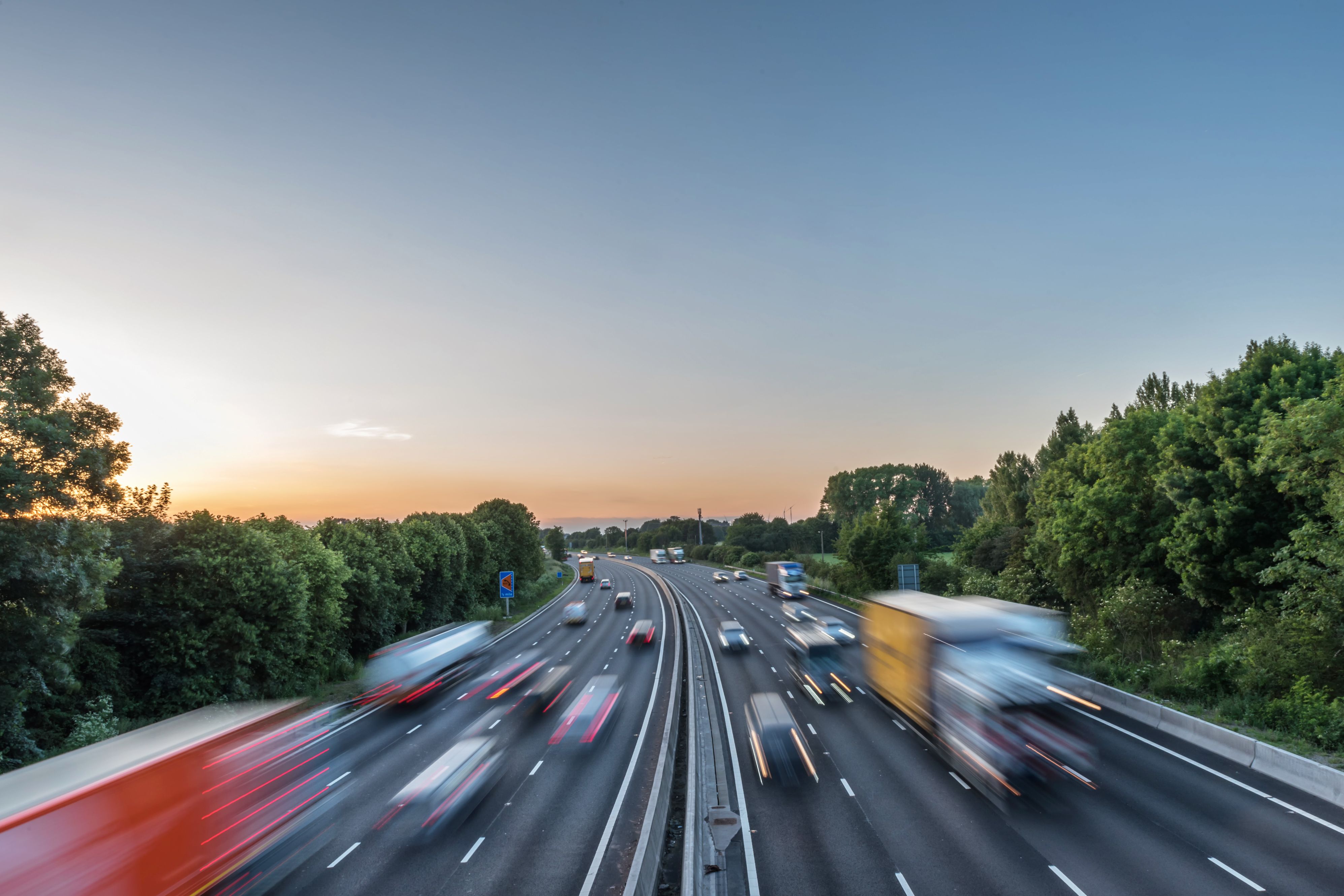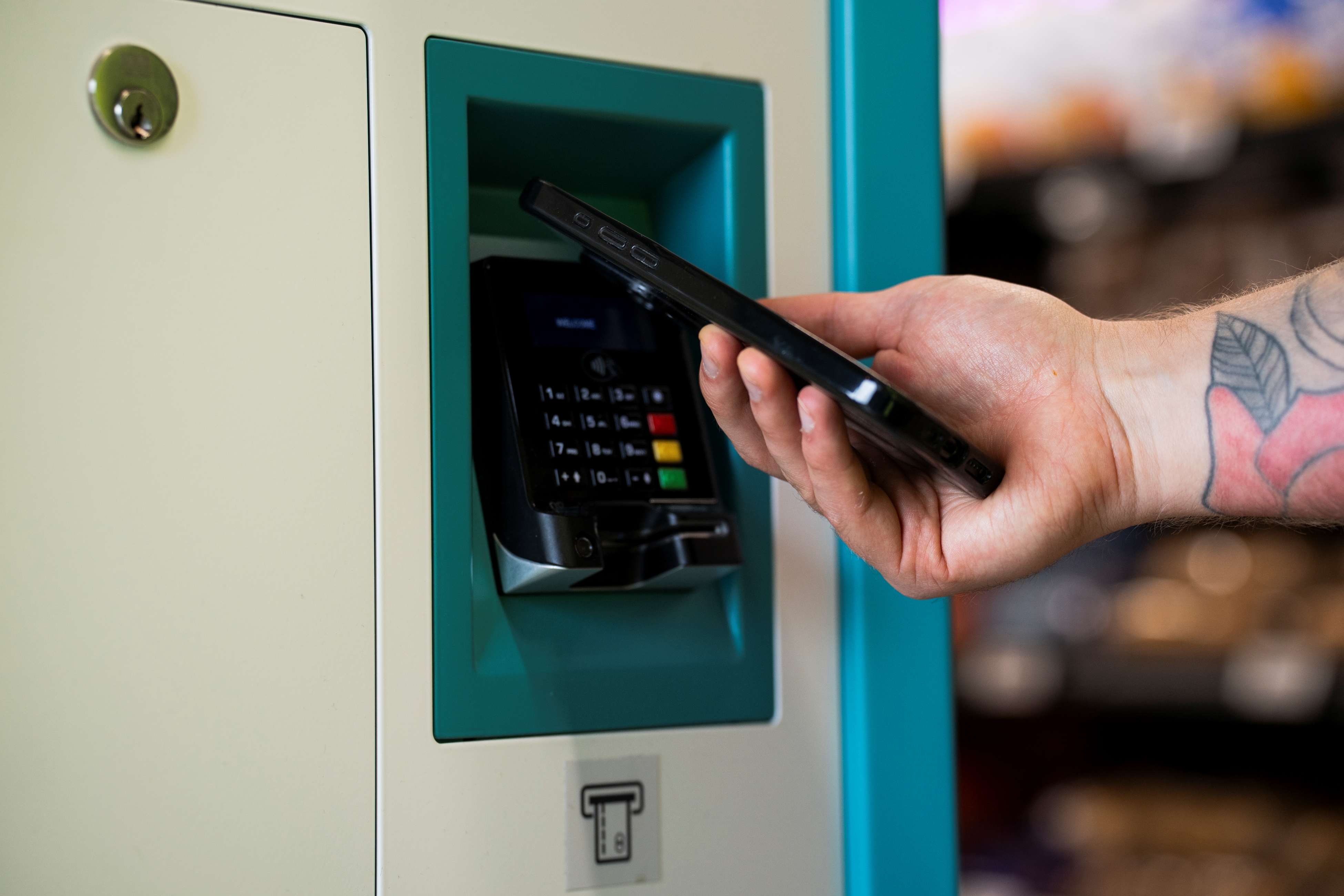
Miranda Blake
Kako lahko logistična industrija evropskim voznikom tovornjakov zagotovi varnost in udobje
Ustvarjeno: 08. 01. 2025
•
Posodobljeno: 08. 01. 2025
Z izvajanjem novih predpisov, uporabo tehnologije in zavzemanjem za dobro počutje voznikov si lahko logistična industrija prizadeva za varnejšo prihodnost tovornjakarjev in hkrati spodbuja udobje.
Toda kako točno se vse to izvaja? Preberi naprej in ugotovi...
Zavedanje o nevarnih evropskih avtocestah
Pred tem smo opravili raziskavo, ki je pokazala, katere so najnevarnejše ceste v Evropi, in ugotovili, da je v državah, kot sta Bolgarija in Češka, največ smrtnih žrtev na 10.000 kilometrov cestnega omrežja.
Ta analiza je ključna za razumevanje, kje so tveganja največja, in opozarja na potrebo po ciljno usmerjenih ukrepih za izboljšanje varnosti. Vozniki se lahko s temi ključnimi informacijami bolje pripravijo na potovanje ter se premišljeno odločajo o svojih poteh in postankih za počitek.
Vloga tehnologije pri povečevanju varnosti
Ključna je tudi inteligenca, pridobljena z inovacijami, kot so navigacijski sistemi GPS, posodobitve prometa v realnem času in napredni sistemi za pomoč voznikom (ADAS). Takšen tehnološki napredek ne zagotavlja le pomembnih podatkov o razmerah na cestah, temveč tudi pomaga voznikom tovornjakov pri sprejemanju utemeljenih odločitev o njihovih vožnjah. Sistemi GPS lahko na primer predlagajo alternativne poti, ki se izognejo morebitnim nevarnim območjem, medtem ko lahko prometne posodobitve opozarjajo na zamude ali nesreče. Zato lahko vozniki bolje optimizirajo svoja potovanja.
Poleg tega jim aplikacije, kot je intruck, omogočajo dostop do podrobnih informacij o postajališčih za tovornjake po vsej Evropi, kar jim zagotavlja, da lahko najdejo primerna mesta za počitek - to je še posebej koristno za tiste, ki potujejo na dolge razdalje in si morajo vzeti redne odmore, da upoštevajo zakonodajo, preprečujejo utrujenost in ohranjajo zbranost.
Pomen kakovostnega počitka
V preteklih letih številni vozniki zaradi pomanjkanja dostopnih in cenovno ugodnih nastanitev niso imeli druge izbire, kot da odmor preživijo v kabini, kar je pogosto povzročilo slabo kakovost počitka, ki je lahko negativno vplivala na njihovo zdravje in varnost.
Veliko večji poudarek je na tem, da se lahko vozniki tovornjakov sprostijo v primerni nastanitvi. Prevozna podjetja morajo prevzeti odgovornost za organizacijo bivanja v hotelih ali uporabo posebnih prostorov za počitek. Čeprav to lahko pomeni dodatne stroške, je to priložnost za vlaganje v dobro počutje delovne sile, kar navsezadnje vodi do večjega zadovoljstva pri delu in ohranjanja zaposlitve.
Izvajanje rešitev za nastanitev
Da bi upoštevali predpise, zmanjšali tveganja, povezana z utrujenostjo, in izboljšali splošno varnost svojih voznikov, lahko upravljavci voznih parkov upoštevajo naslednje pristope:
● Zagotavljanje partnerstev z lokalnimi hoteli ali postajališči lahko voznikom zagotovi dostop do udobnega prostora za sprostitev.
● Z uporabo aplikacij in spletnih platform lahko tovornjakarjem pomagate pri iskanju bližnjih prenočišč, poenostavite postopek in povečate splošno učinkovitost.

Kako SNAP podpira tovornjakarje
SNAP spreminja pravila igre za vse v tem sektorju, saj ponuja digitalne rešitve, ki dajejo prednost varnosti in udobju. Podjetja s flotami in vozniki tovornjakov imajo zdaj dostop do razširjene mreže storitev, ki so namenjene lažjim in varnejšim potovanjem.
Digitalno udobje
Osrednji del naše ponudbe je naša digitalna tržnica, ki poenostavlja različne vidike:
● Plačila: SNAP, ki se v Evropi uporablja vsakih 13 sekund za plačilo storitev na počivališčih, odpravlja potrebo, da bi vozniki tovornjakov zapravljali iz lastnega žepa in pozneje uveljavljali stroške.
● Parkiranje: intruck voznikom pomaga poiskati in vnaprej rezervirati parkirna mesta na njihovi poti, pri čemer imajo številna od njih izboljšane varnostne možnosti za večjo varnost.
● Spremenjene storitve: Naša platforma omogoča voznikom tovornjakov, da plačajo parkiranje, pranje in druge storitve samo z uporabo registrske številke svojega vozila.
Varnost na prvem mestu
To ostaja naša glavna prednostna naloga. Pred kratkim smo razširili svoje omrežje in vključili lokacije v Avstriji, Bolgariji, na Češkem, v Grčiji, na Madžarskem, v Italiji in Romuniji. Na številnih od njih smo izboljšali varnostno infrastrukturo in tako rešili ključno potrebo po varnem nočnem parkiranju.
Poleg tega imamo poseben oddelek SNAP Access & Security, ki zagotavlja prilagojene rešitve za zaščito prostorov pred grožnjami kaznivih dejanj v zvezi s tovorom ter povečuje splošno varnost voznikov in tovora.
Pogled v prihodnost s programom SNAP
Tovornjakarji so z našimi rešitvami zelo zadovoljni. 80 % voznikov, s katerimi smo se pogovarjali na dogodkih v Združenem kraljestvu, daje prednost sistemu SNAP pred drugimi načini plačila, 74 % evropskih voznikov tovornjakov pa je izrazilo željo, da bi se naši mreži pridružilo še več storitvenih partnerjev.
Ker nenehno širimo in razvijamo svoje omrežje in rešitve, lahko evropski vozniki tovornjakov pričakujejo več možnosti za večjo varnost, udobje in učinkovitost na cesti. Z reševanjem ključnih vprašanj, kot sta varno parkiranje in poenostavljeno plačevanje, utiramo pot za bolj povezano in podporno panogo tovornega prometa po vsej Evropi.
Če želite izvedeti več o programu SNAP, pokličite našo prijazno ekipo na številko +44 (0)1603 777242.


